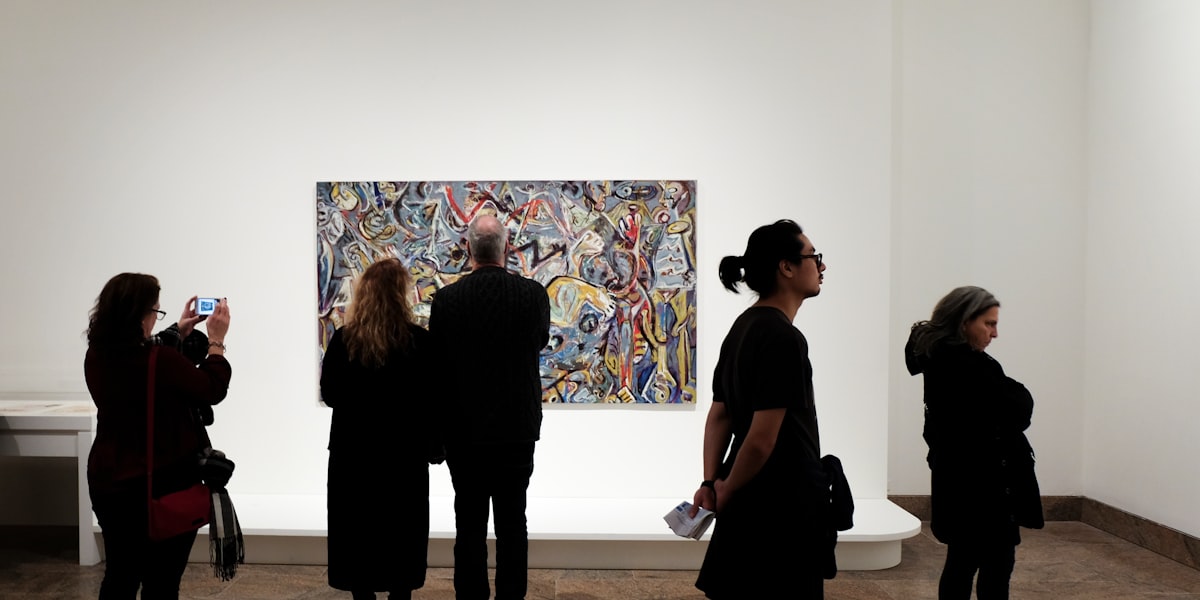Museums serve as custodians of our heritage, acting as bridges between the past and the present. They offer a tactile connection to history, allowing individuals to experience and interpret the world through the lens of different eras. The Bradford House Historical Association, Museum, exemplifies this role, safeguarding and presenting historical artifacts and narratives to the public. This article explores the multifaceted roles museums play in preserving history, focusing on historical preservation and education.
History Preserved: The Role of Museums
Museums play a pivotal role in the preservation of history, acting as repositories for historical artifacts, documents, and narratives. They undertake the significant responsibility of conserving these items, ensuring they are preserved for future generations. This task involves meticulous care, from climate-controlled environments to specialized preservation techniques. Through exhibitions and collections, museums like Bradford House Historical Association showcase historical contexts, offering insights into the lives of those before us and the events that shaped our world. Their role in safeguarding heritage is foundational to cultural preservation and understanding.
Educational Programs and Community Engagement
Beyond preserving the past, museums are active educational centers. They offer a wide range of programs aimed at different age groups and interests, including guided tours, workshops, and interactive exhibitions that make history accessible and engaging. The Bradford House Historical Association, for example, offers programs that not only educate but also inspire community engagement. These initiatives foster a sense of ownership and responsibility towards heritage among community members. Engaging with local schools, the museum becomes a vital resource for learning outside the classroom, enhancing the educational ecosystem by providing unique, hands-on historical experiences.
Museums like the Bradford House Historical Association play an indispensable role in preserving and interpreting history. They act as keepers of cultural heritage, educating the public, and fostering an engaged community. Through their efforts in historical preservation and educational outreach, museums contribute to the collective memory of society, ensuring that future generations have access to the wealth of knowledge and insight the past holds. Museums are not just places to display artifacts; they are dynamic spaces where history is preserved, learned, and experienced.
This content has been submitted by authors outside of this publisher and is not its editorial product. It could contain opinions, facts, and points of view that have not been reviewed or accepted by the publisher. The content may have been created, in whole or in part, using artificial intelligence tools.

